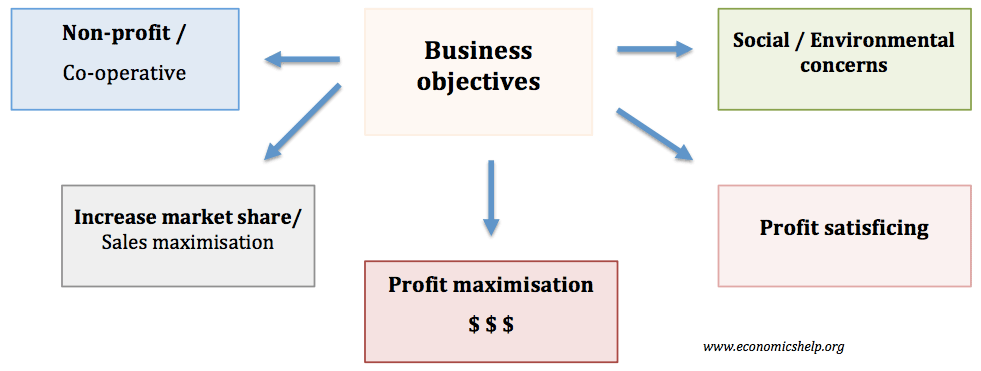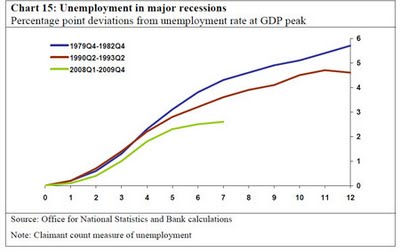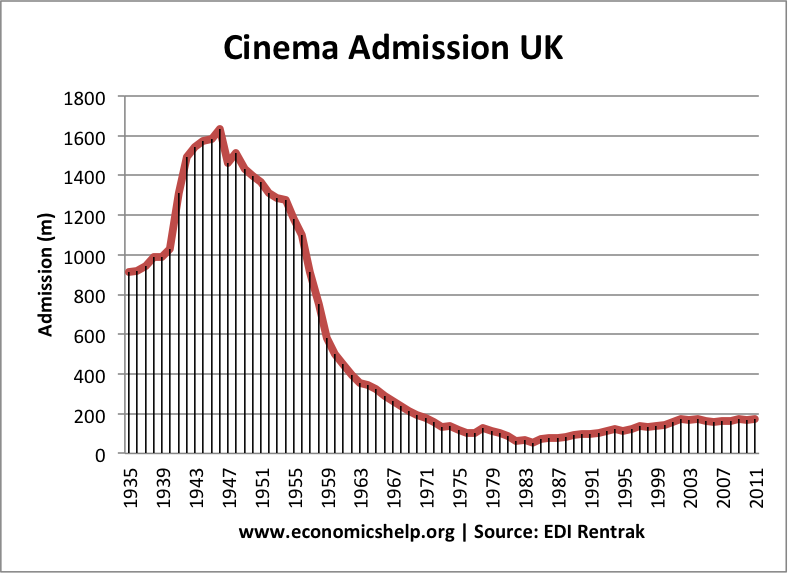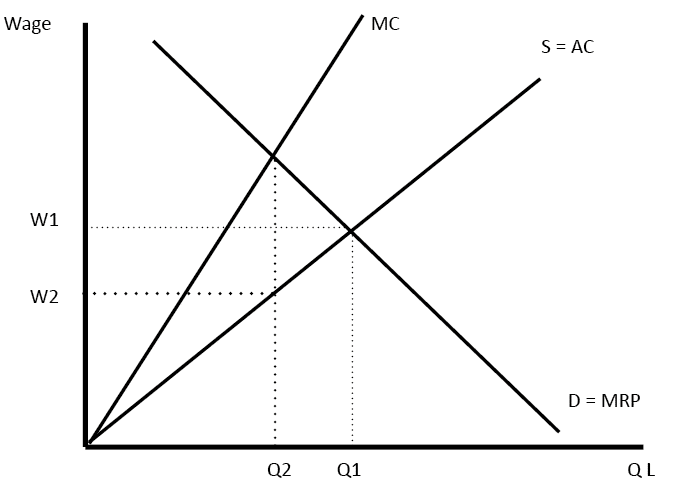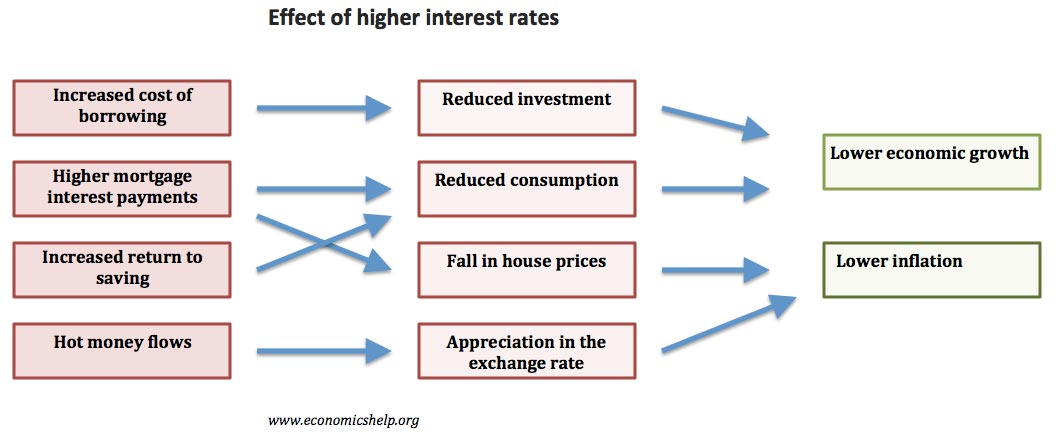Effect of Printing Money on the Economy
Printing money creates a sense of nervousness amongst both economists and the general public. It immediately conjures up memories of hyperinflation in Weimar Germany in 1923 and Zimbabwe in more recent times. If a government prints money faster than the growth of real output it reduces the value of money and this invariably causes inflation. …


